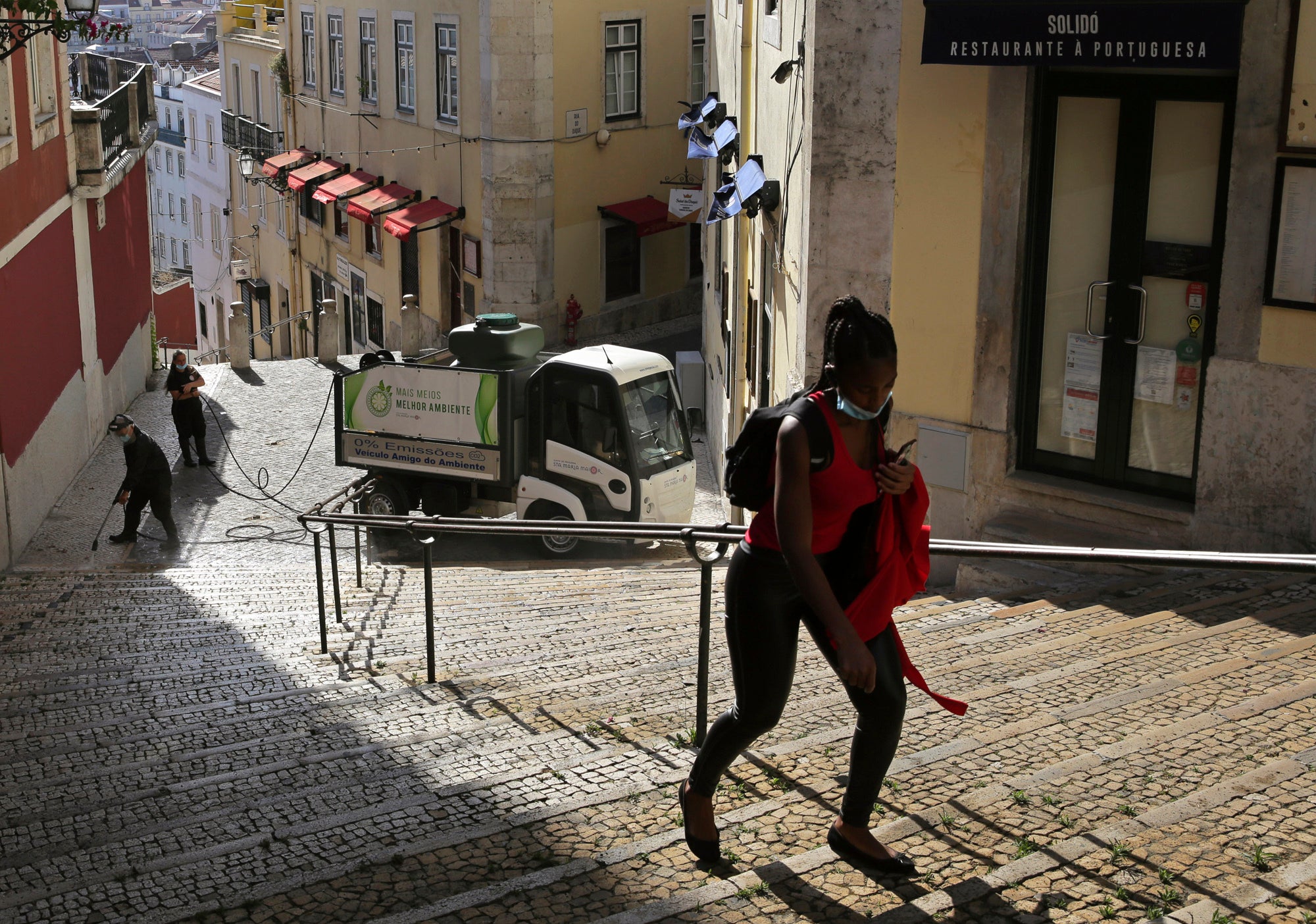Senior European official challenges Portugal over racism
A senior European human rights official is sounding the alarm about a rise in racism and discrimination in Portugal

Your support helps us to tell the story
From reproductive rights to climate change to Big Tech, The Independent is on the ground when the story is developing. Whether it's investigating the financials of Elon Musk's pro-Trump PAC or producing our latest documentary, 'The A Word', which shines a light on the American women fighting for reproductive rights, we know how important it is to parse out the facts from the messaging.
At such a critical moment in US history, we need reporters on the ground. Your donation allows us to keep sending journalists to speak to both sides of the story.
The Independent is trusted by Americans across the entire political spectrum. And unlike many other quality news outlets, we choose not to lock Americans out of our reporting and analysis with paywalls. We believe quality journalism should be available to everyone, paid for by those who can afford it.
Your support makes all the difference.A senior European human rights official is sounding the alarm about a rise in racism and discrimination in Portugal.
The Council of Europe’s Commissioner for Human Rights, Dunja Mijatović, published a report Wednesday into “the increasing level of racism and the persistence of related discrimination” in the southern European country.
Mijatović singled out for special concern a rise in the number of racially motivated hate crimes and hate speech, and discrimination against Roma and those of African descent. She recommended that authorities take measures “urgently.”
Mijatović also said she was “deeply concerned at reports of racially motivated police misconduct and allegations of infiltration of some segments of the police by far-right extremist movements.”
Those reports have come amid the emergence and rise of a two-year-old anti-immigrant populist party called Chega, which has moved into the political mainstream by gaining a seat in parliament and showing strongly in a recent presidential race.
One source of the current problems are “biased assumptions and stereotypes” that are part of the country’s colonial legacy, the Council of Europe report said, urging a review of how the history of the one-time Portuguese empire and its slave trade is taught in schools.
The Portuguese government acknowledged last year that racism had become a problem. It set up a committee last November to assess ways of addressing it, including the upcoming publication of a national plan to combat racism and discrimination for the period 2021-2025.
Authorities have also promised to launch later this year a public awareness campaign against racism and discrimination, as well as review police recruitment policies.